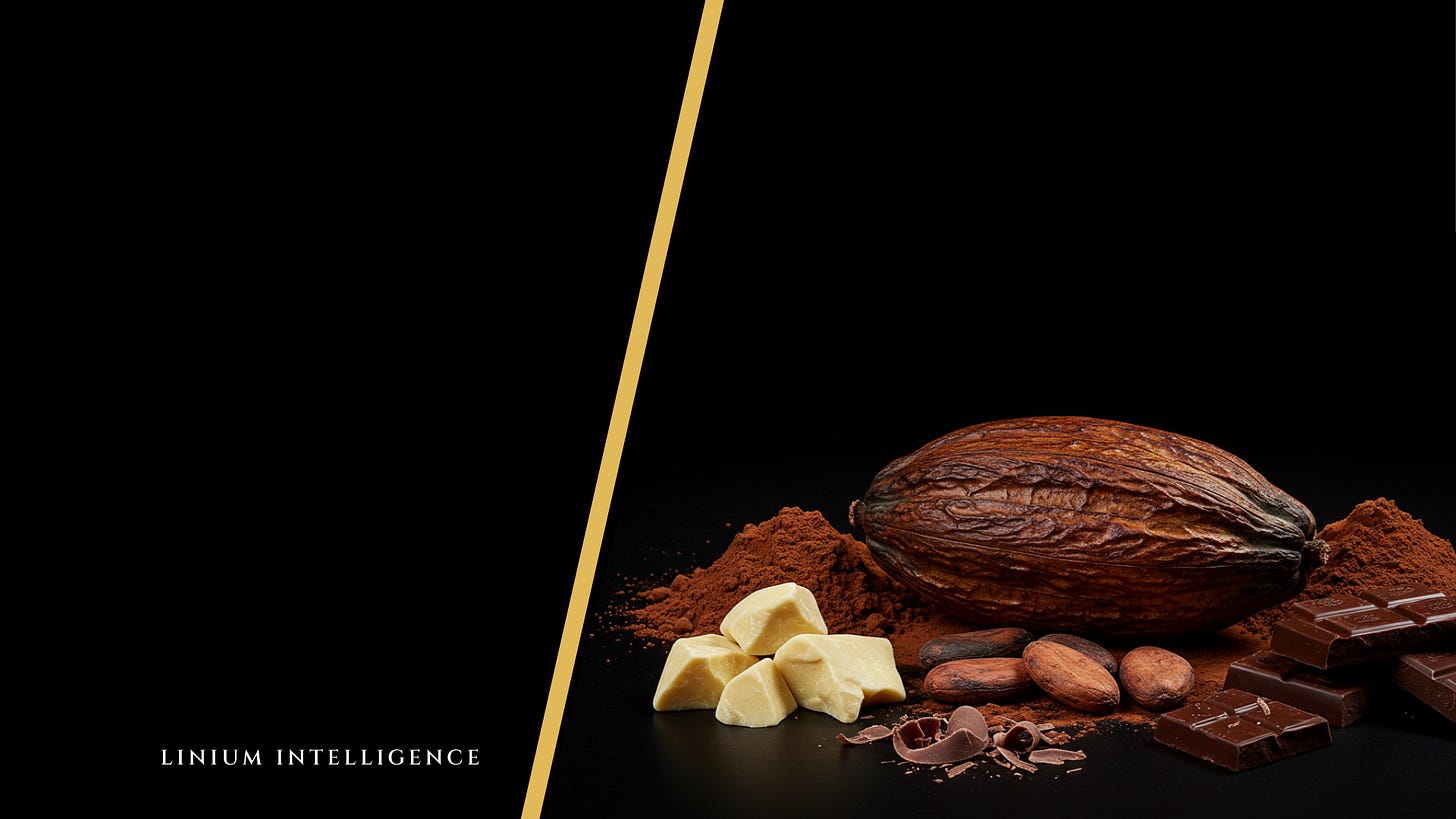New Patented Technique Boosts Cocoa Yield For Nestlé, Revolutionizing Chocolate Production
Nestlé has announced a groundbreaking, patented technique that could transform the chocolate industry by increasing cocoa yield by as much as 30%. The new method, which is currently in a pilot stage, utilizes the entire cocoa fruit pod—including the pulp, placenta, and husk—which have traditionally been discarded.
Traditionally, chocolate is made exclusively from the cocoa beans found inside the fruit pod. These beans undergo a multi-step process of fermentation, drying, roasting, and grinding to create the chocolate liquor used in production. Nestlé's innovation, however, involves collecting the pod's entire contents as a wet mass. This wet mass naturally ferments, which unlocks the rich chocolate flavors. The material is then ground, roasted, and dried into flakes, ready for chocolate production without any alteration to the final taste.
This breakthrough is a significant development, particularly as climate change poses increasing challenges to cocoa farming worldwide. By maximizing the use of the cocoa fruit, the technique not only boosts the available cocoa material but also frees up valuable time for farmers to focus on other agricultural practices that can further improve their harvests. Nestlé is now exploring ways to scale this innovation for wider application, a move that could have a profound impact on sustainable cocoa sourcing and supply chain efficiency.
Nestlé's Confectionery Business Leverages Innovation To Drive Growth Amidst A Competitive Market
Nestlé's confectionery business is a significant part of its global portfolio, and the company is actively pursuing growth in a highly competitive landscape. The company holds a varied market position across different regions. The company holds a strong presence across various markets worldwide (including major and emerging markets such as the United Kingdom, Australia, United Arab Emirates, and Turkey among numerous others) through a portfolio of brands, each holding a significant share, typically ranging in the low to high single digits. This collective strength positions Nestlé as a significant competitor.
Financially, Nestlé’s confectionery business has shown solid organic growth of 8.5% in the first half of the year, driven by pricing actions and strong momentum in key brands like KitKat. However, this growth has been accompanied by a negative real internal growth (RIG), reflecting a short-term consumer response to price increases. The new patented technique has the potential to significantly strengthen Nestlé's market position in the long term by improving supply chain efficiency and potentially reducing costs.
Beyond this technological breakthrough, Nestlé is engaged in a number of other strategic initiatives. It has launched a range of new products across various markets, including the "Chocobakery" treats and the limited-edition Yorkie Biscuit & Brownie bar. The company is also leveraging regional flavors with products like the Nestlé Damak Ezme, inspired by Turkish desserts, and various KitKat flavors, such as KitKat Pineapple Tart in Malaysia and Singapore, and Lemony Lime in the UK. Brand extensions such as their KitKat Dark Ice Cream made with Bornean cocoa further demonstrate the company's commitment to adapting to local tastes and broadening their product lines to reach new consumers.
On the sustainability front, Nestlé has a partnership with Barry Callebaut in Brazil to accelerate net-zero cocoa production through a five-year planting initiative, which aligns with the company's commitment to responsible sourcing and environmental practices.
Nestlé's key competitors are also active in the market. Cadbury, owned by Mondelez International, is a formidable rival, particularly in the UK and Australia, where it holds a commanding market share. Its strength lies in its strong brand recognition, emotional marketing, and a vast distribution network. Cadbury has been active with its own product launches, including a limited-edition Twirl White Dipped and a Cadbury Biscoff bar in the UK. The company is also focused on sustainability and supply chain improvements, as seen with its new 80% recycled plastic packaging for sharing bars and the opening of a massive automated warehouse in Australia to improve speed to market. M&M's, a Mars brand and another multinational comeptitor to Nestlé, is introducing new, limited-edition flavors, such as Cookies & Creme, and is rolling out its flagship products without synthetic colors in 2026.

